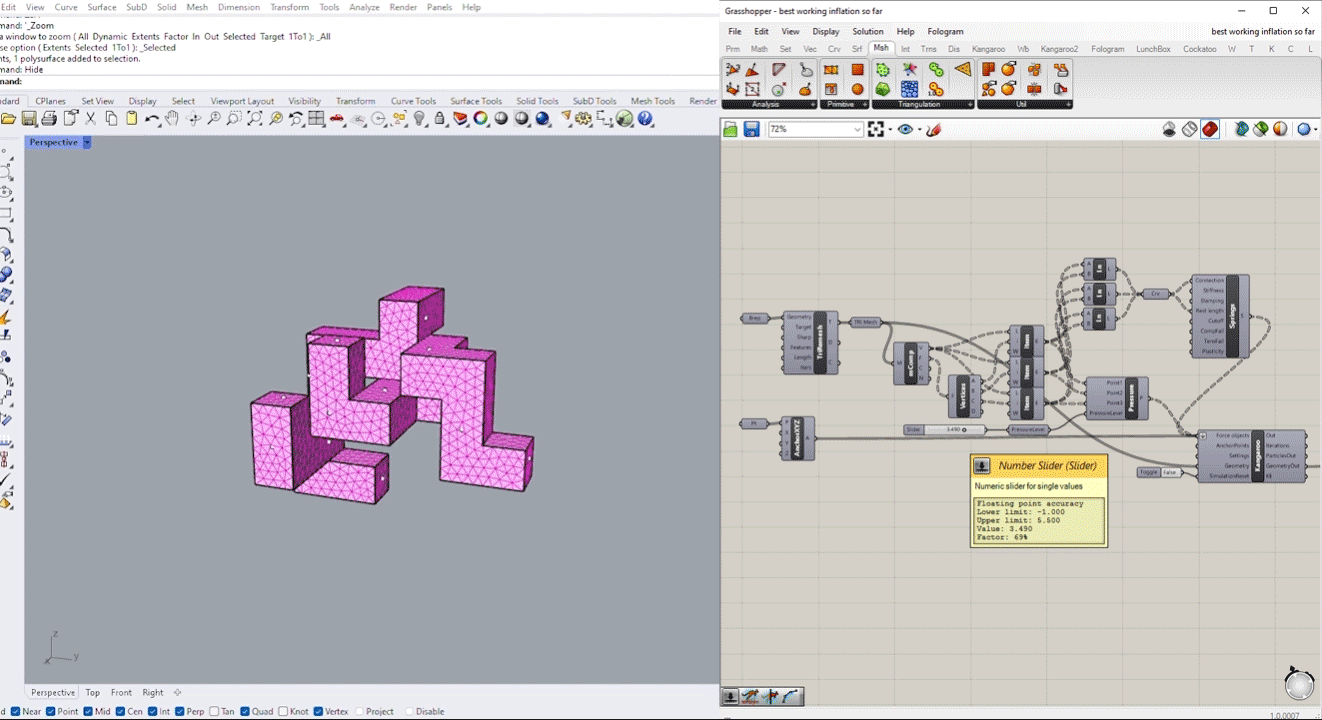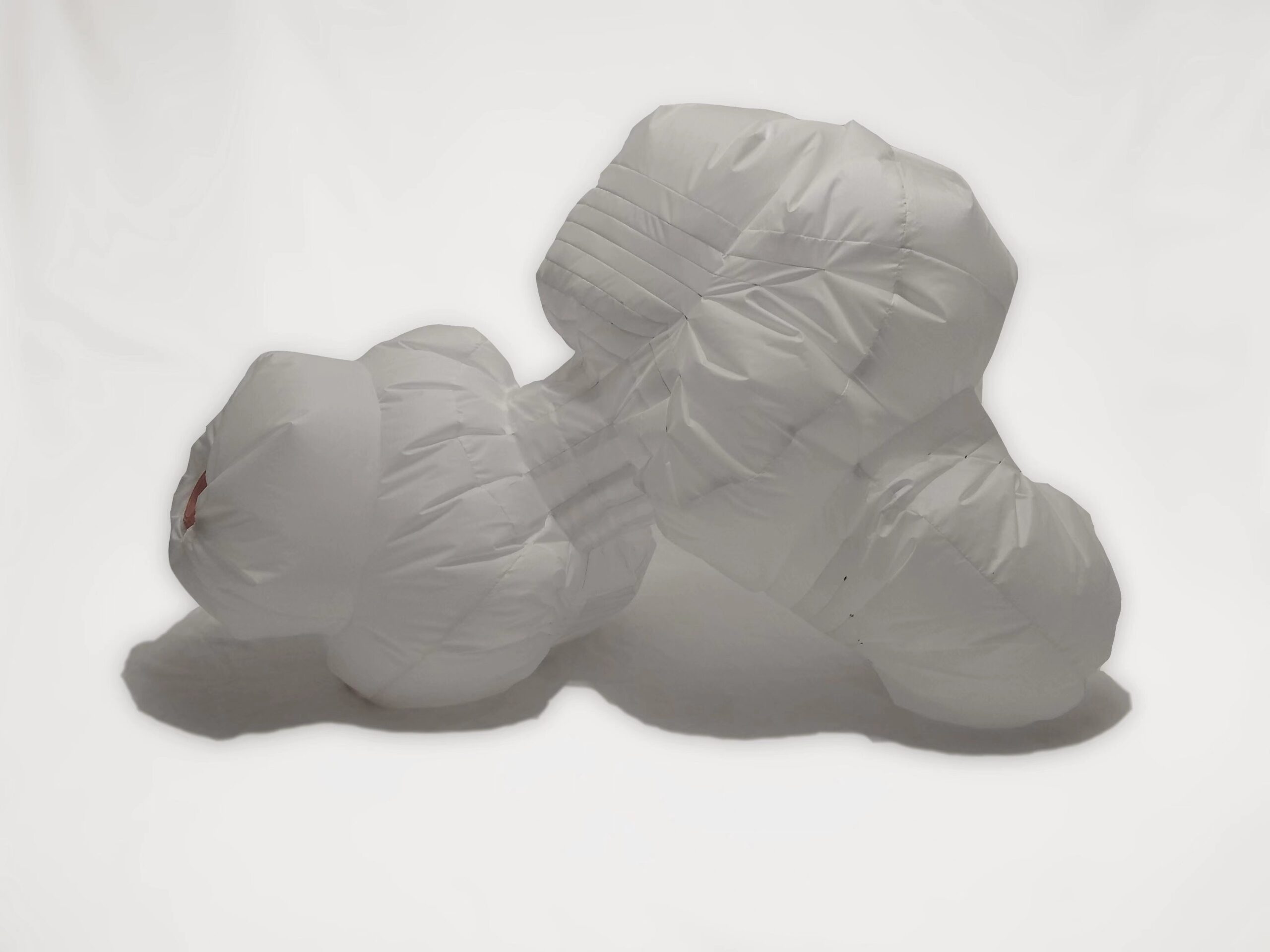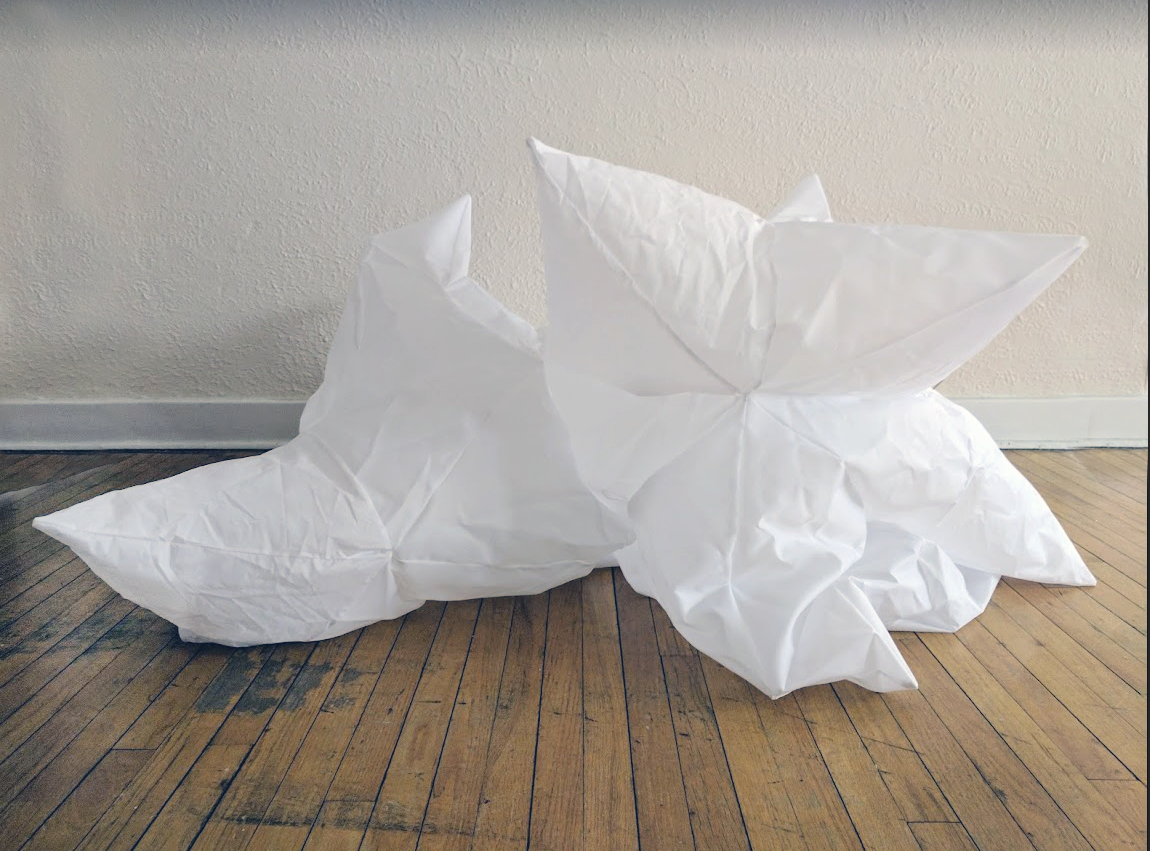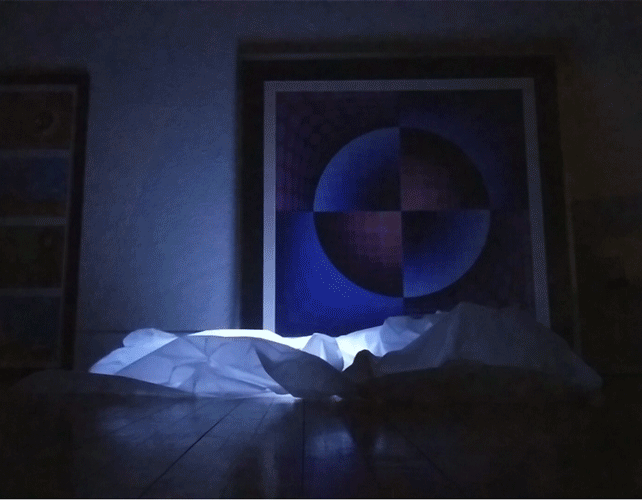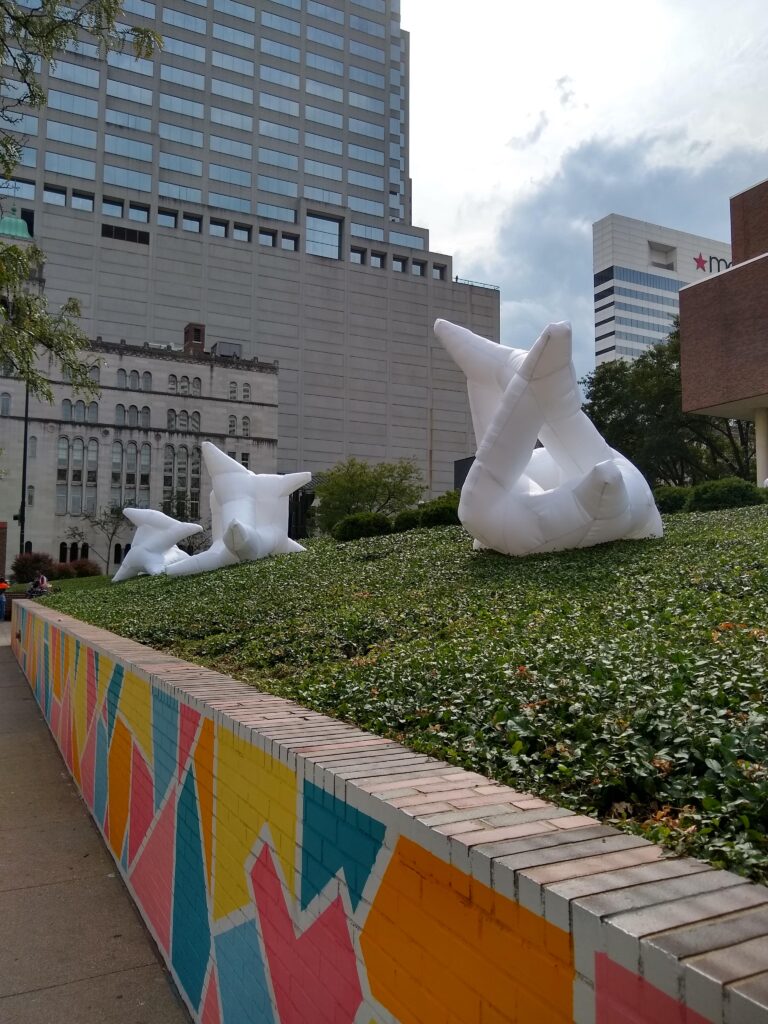
Description:
Required Skills: Basic Rhino+Grasshopper, Basic Maya (Suggested), Adobe Illustrator, Adobe Premiere or AfterEffects
Required Software: Rhinoceros 6 or 7, Adobe Maya, Adobe Illustrator, Adobe Premiere or AfterEffects
Required Hardware: Laptop or Workstation
Maximum number of participating students: 100
Inflatable architecture was originally invented as a portable and easily deployed way of construction during the war era at the beginning of the 20th century. Since the late 1960s, inflatable architecture has been adopted to express non-permanent and nomadic life by offering new materiality and spatiality. The workshop focuses on the nature of inflatable architecture, and explores its capability to animate the built environment.
The workshop will be carried out through a series of experiments on using inflated and tensile structural elements to design architectural objects, which can interact with human inhabitants. In doing so, the workshop will firstly give lectures about both history and contemporary practices of Inflatable Architecture. Then, it will offer a series of software tutorials on using Rhino and Maya to simulate the pneumatic formation process and to design inflated form. In the meantime, the workshop will also collaborate with a local factory to prototyping some basic form experiments for understanding the inflated material behavior and its associated transformability. In the end, the outcome of the workshop will be inflatable pavilion design with some physical prototype samples.
Schedule:
timezone: (GMT +8:00) Beijing, Perth, Singapore, Hong Kong| Start time | End time | Description |
|---|---|---|
| 2022-06-26 - 09:00 | 2022-06-26 - 12:00 | Workshop Introduction & Lecture on Inflatable Architecture, Tensile Structure and Interactive Design |
| 2022-06-26 - 19:00 | 2022-06-26 - 20:00 | Software Tutorial |
| 2022-06-27 - 09:00 | 2022-06-27 - 12:00 | Software Tutorial |
| 2022-06-27 - 19:00 | 2022-06-27 - 20:00 | Design Review |
| 2022-06-28 - 09:00 | 2022-06-28 - 12:00 | Invited Lecture & Design Review |
| 2022-06-28 - 19:00 | 2022-06-28 - 20:00 | Design Review (Sending experimental form to factory) |
| 2022-06-29 - 09:00 | 2022-06-29 - 12:00 | Software Tutorial on Production |
| 2022-06-29 - 19:00 | 2022-06-29 - 20:00 | Design Review (Sending experimental form to factory) |
| 2022-06-30 - 09:00 | 2022-06-30 - 12:00 | Software Tutorial on Production |
| 2022-06-30 - 19:00 | 2022-06-30 - 20:00 | Design Review |
| 2022-07-01 - 09:00 | 2022-07-01 - 12:00 | Final Production |
| 2022-07-01 - 19:00 | 2022-07-01 - 20:00 | Draft Layout Review |
| 2022-07-02 - 09:00 | 2022-07-02 - 12:00 | Final Production |
| 2022-07-02 - 19:00 | 2022-07-02 - 20:00 | Final Review |
Instructors:
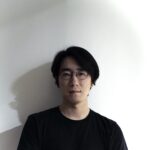 |
Chao Yan | Chao Yan is an assistant professor at Tongji University, China. Previously he was a visiting lecturer at China Academy of Art, where he has taught design studio and theory courses from 2014 to 2018, a postdoctoral researcher at Tongji University from 2019 to 2021, and a visiting scholar at University of Virginia in 2019. His work focuses on the intersection between the history/theory of technology and contemporary digital design/construction experiments. And he has conducted researches on aggregation design methodology, history/theory of embodied construction, history of architectural technology after 1960s, etc. His current research is about inflatable architecture, animated environment and embodied aggregation. |
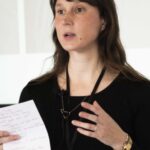 |
Virginia Melnyk | Virginia Melnyk is a computational and researcher, with a background in Architectural design and craft. She is currently a PhD student in the DigitalFUTURES International PhD program at Tongji University; Advisor Philip Yuan. She graduated with a Master of Architecture from Weitzmann School of Design in 2010 and Bachelor of Science in Architecture from the University at Buffalo in 2007. Her research interests consist of material design, textiles, tensegrity, and architecture. Her wide range of interests in digital Fabrication, computational design, craft and feminist culture are integrated into her research practice. She explores applications for temporary light-weight structures within a contemporary architectural context. Her work is both material design as well as digital design and fabrication, balancing between the digital and craft. She has previously worked at Studio Pei Zhu in Beijing where she had experience working on large scale architectural projects. She volunteers at US Architects Declare Social Environmental Justice committee, is a steering committee member and organizer at DigitalFUTURES, and a faculty mentor at Architecture if Free. |
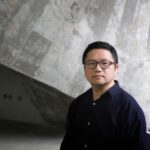 |
Philip F. Yuan | Philip F. Yuan Associate Dean, professor of the College of Architecture and Urban Planning (CAUP) at Tongji University. He is also Thomas Jefferson professor at University of Virginia (UVA, 2019) and the visiting professor at Massachusetts Institute of Technology (MIT, 2019) and Royal Melbourne Institute of Technology (RMIT, 2021). Yuan founded DigitalFUTURES Assocation in 2011. He plays a leading role in the Frontiers of digital architecture. His research focues on the realm of computational design and robotic fabrication. His works have been collected by Moma New York, M+ Hongkong and Centre National d'art et de Culture Georges Pompidou. He has also participated in Venice biennale, Chic |
Disclaimer:
All workshops will accept 100 applications MAX.

